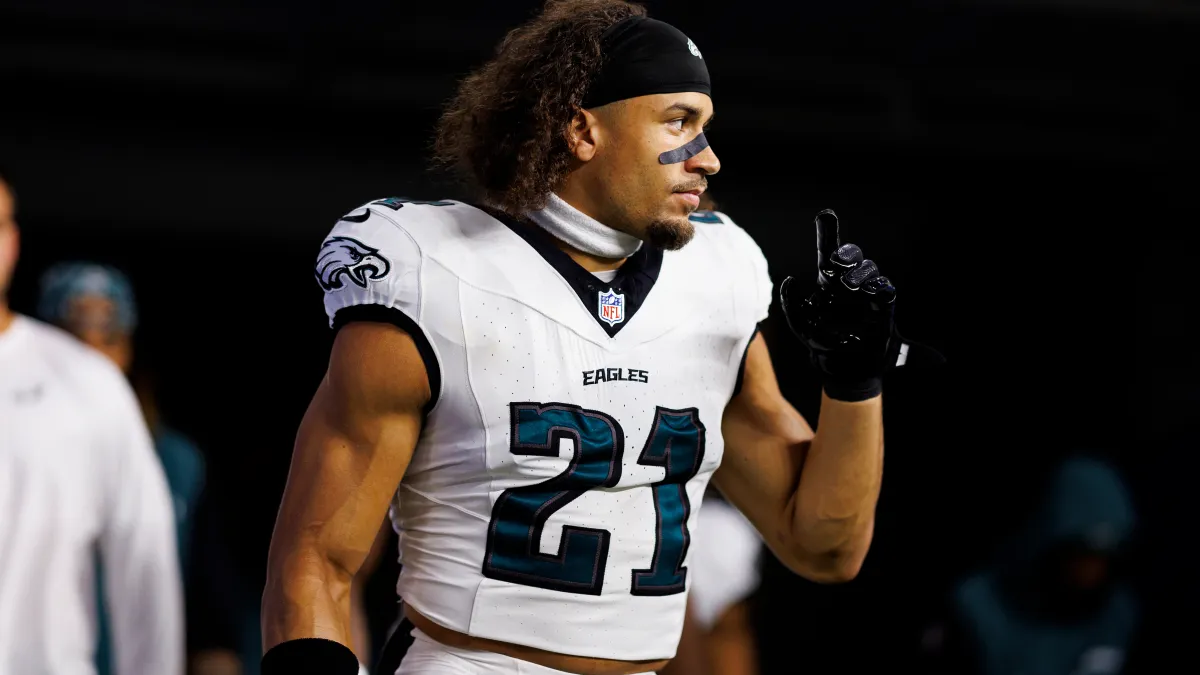Tech
Instagram’s algorithm overhaul will reward ‘original content’ and penalize aggregators
Instagram is overhauling its recommendation algorithm for Reels to boost “original content” in a move that will have significant implications for aggregator accounts and others that primarily repost other users’ work. The company is also changing the way it ranks Reels in an attempt to give smaller accounts more distribution in the app.
In a blog post announcing the changes, the company said it’s trying to “correct” its ranking system so that accounts with smaller followings will have an easier time expanding their reach. “Historically because of how we’ve ranked content, creators with large followings and aggregators of reposted content have gotten more reach in recommendations than smaller, original content creators,” the company explains. “We think it’s important to correct this to give all creators a more equal chance of breaking through to new audiences.”
It’s unclear exactly how Instagram is tweaking its recommendations to make them “more equal,” but the company suggests that the algorithm will no longer prioritize accounts with more followers. “Eligible content … is shown to a small audience that we think will enjoy it, regardless of whether they follow the account that posted it or not,” the company says. “As this audience engages with the content, the top performing set of reels are shown to a slightly wider audience, then the best of these are shown to an even wider group, and so on.” The change will roll out “over the coming months” so it could still be some time before creators see the effects of this update.
The app’s changes around “original content,” however, could be much more immediate. Instagram says it will actively replace reposted Reels with the “original” clip in its suggestions when it detects two pieces of identical content. Accounts that share reposted Reels will also be slapped with a label prominently tagging the original creator. The company says these changes won’t apply to creators that make “significant” changes like recording voice-overs or reaction clips, or if posts are “materially edited to become a meme.”
Aggregator accounts that “repeatedly” publish posts from others will be penalized even more harshly. Instagram says it will stop recommending Reels from these accounts altogether if they have posted unoriginal content 10 or more times over the previous 30 days. That change could crater the reach of popular aggregator accounts that share other users’ clips, often in order to promote affiliate shopping links and other schemes.
Of note, all of these changes for now only apply to Reels and not other types of posts on Instagram (a spokesperson said the company will “explore expanding to other formats in the future”.) The changes also broadly reflect the fact that Instagram has tried to decrease the importance of follower counts. That has frustrated some creators who complain that most of their followers don’t see their posts in their feeds.
In recent weeks, Instagram head Adam Mosseri has taken to Threads to field from several creators sharing their account and demanding to know why more of their followers don’t see their posts. In one recent exchange, nature photographer Nate Luebbe who has 142,000 followers on Instagram, pressed Mosseri on why a popular post only reached about 20 percent of his followers. In , Mosseri suggested that was how Instagram’s algorithm is intended to function.
So while these latest changes are directed at Reels specifically, the updates suggest Meta will continue to focus on other metrics besides follower counts. That may be disappointing to those who have built up a large audience over several years, but Meta seems to view it as a better way of leveling the playing field for small accounts.
Instagram previously updated its algorithm in order to prioritize original content. Mosseri said at the time that he didn’t want the app to “overvalue aggregators” though he acknowledged it was difficult to know “for sure” when a piece of content was original. Whatever changes were made at the time, though, may not have gone far enough if the company is still trying to “correct” imbalances a full two years later.








